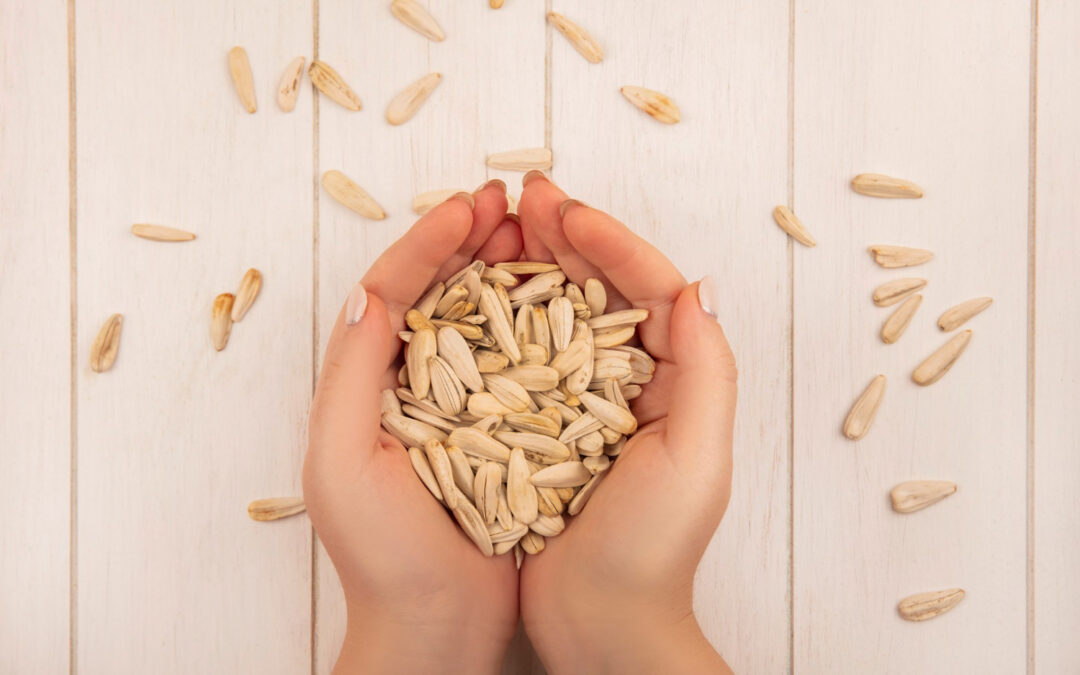Piles, also known as hemorrhoids, are swollen veins in the lower rectum and anus, often causing discomfort, itching, and bleeding during bowel movements. Symptoms range from mild irritation to severe pain and bleeding. Common causes include chronic constipation, straining during defecation, prolonged sitting, and a low-fiber diet.
Incorporating a fiber-rich diet for piles prevention is crucial, as it helps maintain regular bowel movements and reduces strain. Effective piles management often requires dietary changes. For those seeking medical intervention, specialized piles treatment in Nagpur, such as at a reputed Piles hospital in Nagpur, can provide comprehensive care and relief.
Understanding Dietary Fiber
Dietary fiber, essential for piles prevention, is a plant-based nutrient that aids digestion. It comes in two forms: soluble fiber, which dissolves in water to form a gel-like substance, and insoluble fiber, which adds bulk to stool. A fiber-rich diet for piles includes both types. Soluble fiber sources include fruits like apples and oranges, and vegetables like carrots. Insoluble fiber is found in whole grains, legumes, nuts, and seeds. This combination promotes regular bowel movements and reduces strain. For severe cases, consulting a specialist for piles treatment in Nagpur at a reputable Piles hospital in Nagpur is advisable.
How Dietary Fiber Prevents Piles
Dietary fiber plays a crucial role in piles prevention by improving digestive health and promoting regular bowel movements. Fiber adds bulk to stool, which helps it pass more easily through the intestines. This reduces the need for straining during defecation, a common cause of hemorrhoids. A fiber-rich diet for piles includes both soluble and insoluble fibers, which work together to soften stool and prevent constipation.
Maintaining gut health is another vital aspect of fiber’s role in preventing piles. Dietary fiber feeds beneficial gut bacteria, promoting a healthy microbiome. This helps reduce inflammation in the digestive tract, further aiding in the prevention of hemorrhoids. Consuming a variety of high-fiber foods, such as fruits, vegetables, whole grains, legumes, nuts, and seeds, is essential for optimal digestive health.
For those experiencing severe hemorrhoid symptoms, consulting a specialist for piles treatment in Nagpur is recommended. Piles hospital can provide comprehensive care, including dietary advice and medical interventions, to manage and alleviate the condition effectively. Incorporating dietary fiber into daily meals is a preventive measure that supports overall digestive health and minimizes the risk of developing piles.
Managing Piles with a High-Fiber Diet
A fiber-rich diet for piles is essential for alleviating symptoms and preventing complications. Increasing dietary fiber intake helps reduce bleeding associated with hemorrhoids by softening the stool, making bowel movements smoother and less abrasive to sensitive anal tissues. This dietary adjustment also decreases pain and discomfort, as it minimizes the need for straining during defecation, a major cause of hemorrhoid aggravation.
By preventing constipation, a high-fiber diet aids in avoiding anal fissures, which are small tears in the lining of the anus that can occur when passing hard or large stools. Furthermore, a fiber-rich diet significantly reduces the risk of prolapsed hemorrhoids, where internal hemorrhoids swell and protrude outside the anus, often requiring medical intervention.
For effective piles prevention and management, include a variety of fiber sources such as fruits, vegetables, whole grains, legumes, nuts, and seeds in your diet. These foods promote regular bowel movements and maintain overall gut health. In cases where symptoms are severe, seeking piles treatment at a reputable Piles hospital in Nagpur is recommended. Medical professionals can offer tailored dietary advice and necessary treatments to manage and alleviate piles effectively. Adopting a high-fiber diet is a proactive step toward mitigating the discomfort and complications associated with hemorrhoids.
Recommended Fiber Intake
For effective piles prevention, adhering to the daily recommended fiber intake is essential. Adults should consume 25-30 grams of fiber daily, with children needing less based on age and size. Gradually increasing fiber intake helps avoid gastrointestinal discomfort, such as bloating and gas. Incorporate more fruits, vegetables, whole grains, legumes, nuts, and seeds into your meals to achieve a fiber-rich diet for piles. Staying hydrated is crucial, as water aids in fiber digestion and prevents constipation. For personalized guidance, consider consulting a specialist at Piles Hospital for comprehensive piles treatment in Nagpur.
Practical Tips for Incorporating Fiber into Your Diet
- Meal Planning and Recipes
- Breakfast Ideas: Start with oatmeal or fiber-rich smoothies for a nutritious kickstart.
- Lunch and Dinner Options: Include salads, soups, and whole grain dishes to increase fiber intake.
- Snacks: Choose fruits, nuts, and high-fiber bars to maintain a fiber-rich diet for piles.
- Reading Food Labels
- Identifying High-Fiber Foods: Look for foods with at least 3-5 grams of fiber per serving.
- Avoiding Low-Fiber Processed Foods: Limit intake of processed foods low in fiber.
Additional Lifestyle Tips for Piles Prevention and Management
In addition to maintaining a fiber-rich diet for piles, incorporating certain lifestyle habits can further aid in prevention and management. Hydration is key, as water helps soften stool, easing bowel movements and reducing the risk of hemorrhoids. Regular physical activity promotes healthy digestion and prevents constipation, a common precursor to piles.
Furthermore, avoiding prolonged sitting and refraining from straining during bowel movements are crucial. These practices alleviate pressure on the rectal area, minimizing the likelihood of developing or exacerbating hemorrhoids. For comprehensive guidance on piles prevention and treatment, consider consulting a specialist at a reputable Piles hospital in Nagpur.
Conclusion
In conclusion, adopting a fiber-rich diet for piles prevention and management is paramount for maintaining optimal digestive health. Dietary fiber aids in regulating bowel movements, reducing strain, and preventing complications associated with hemorrhoids. Encouraging sustainable dietary changes can lead to long-term benefits and improved quality of life.
However, for personalized advice and tailored treatment plans, consulting healthcare professionals at a specialized Piles hospital in Nagpur is recommended. At Abhyudaya Hospital, our experienced team, led by Dr. Praveen Sahave and Dr. Puja Sahave, specializes in holistic Ayurvedic treatments for piles, fissures, and fistulas. We are committed to providing compassionate care and promoting natural healing for our patient’s well-being and comfort.

